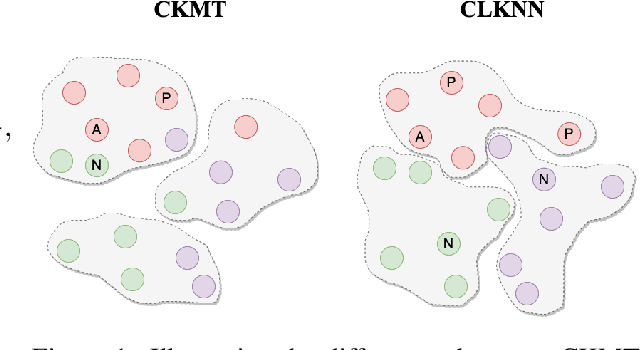Learning Decoupled Retrieval Representation for Nearest Neighbour Neural Machine Translation
Paper and Code
Sep 20, 2022



K-Nearest Neighbor Neural Machine Translation (kNN-MT) successfully incorporates external corpus by retrieving word-level representations at test time. Generally, kNN-MT borrows the off-the-shelf context representation in the translation task, e.g., the output of the last decoder layer, as the query vector of the retrieval task. In this work, we highlight that coupling the representations of these two tasks is sub-optimal for fine-grained retrieval. To alleviate it, we leverage supervised contrastive learning to learn the distinctive retrieval representation derived from the original context representation. We also propose a fast and effective approach to constructing hard negative samples. Experimental results on five domains show that our approach improves the retrieval accuracy and BLEU score compared to vanilla kNN-MT.
 Add to Chrome
Add to Chrome Add to Firefox
Add to Firefox Add to Edge
Add to Edge